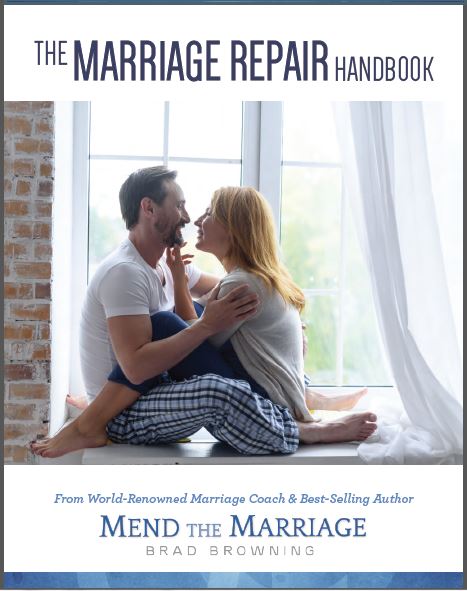What is Marriage Equality?
Marriage equality refers to the legal recognition of same-sex marriage as being equal to opposite-sex marriage. It means that LGBTQ+ individuals have the right to marry the person they love. They also have the right to have that marriage recognized by law, just as heterosexual individuals do.
History of Marriage Equality
The fight for marriage equality has been a long and ongoing one, with the first same-sex marriage case being brought to the Supreme Court in 1971. It wasn’t until 2015 that the Supreme Court made a landmark ruling in the case of Obergefell v. Hodges. This case ruling declared that same-sex couples have the constitutional right to marry.
Before this ruling, same-sex marriage was not recognized at the federal level and was only legal in a limited number of states. This meant that LGBTQ+ individuals could not enjoy the same legal protections and benefits as heterosexual couples. For example, being able to make medical decisions on behalf of their partner or being able to receive their partner’s Social Security benefits.
Today, there are still challenges to the Supreme Court ruling of 2015. Considering the court is right-leaning, there is fear that it could be overturned. As a precaution, President Biden signed the Respect for Marriage Act on December 13, 2022. Same-sex and interracial marriages must be recognized by the law in every state. Also, the act redefines the definition of marriage that was formerly recognized as being between a man and a woman. Any marriage that is legal by state law must now be recognized legally among states.
Importance of Marriage Equality
Marriage equality is important because it grants LGBTQ+ individuals the same rights and protections as heterosexual individuals. It also sends a message of acceptance and inclusivity, recognizing that love is love regardless of sexual orientation or gender identity.
In addition, marriage equality has had a positive economic impact. It has led to an increase in marriage-related spending, as same-sex couples can now participate in the wedding industry and plan their own ceremonies. It has also allowed same-sex couples to jointly file taxes and receive tax benefits, contributing to the overall economy.
Challenges to Marriage Equality
While marriage equality has come a long way, it is still not fully accepted by everyone. There are some who continue to oppose same-sex marriage, either for religious or personal reasons. There have also been instances of discrimination against same-sex couples, such as businesses refusing to serve them or provide services for their weddings.
Despite these challenges, the fight for equality continues. There are many successful marriages between same-sex couples. It is important that we stand up for the rights of LGBTQ+ individuals and work towards a more equal and just society.
Read more about the landmark legislation that was recently passed:









